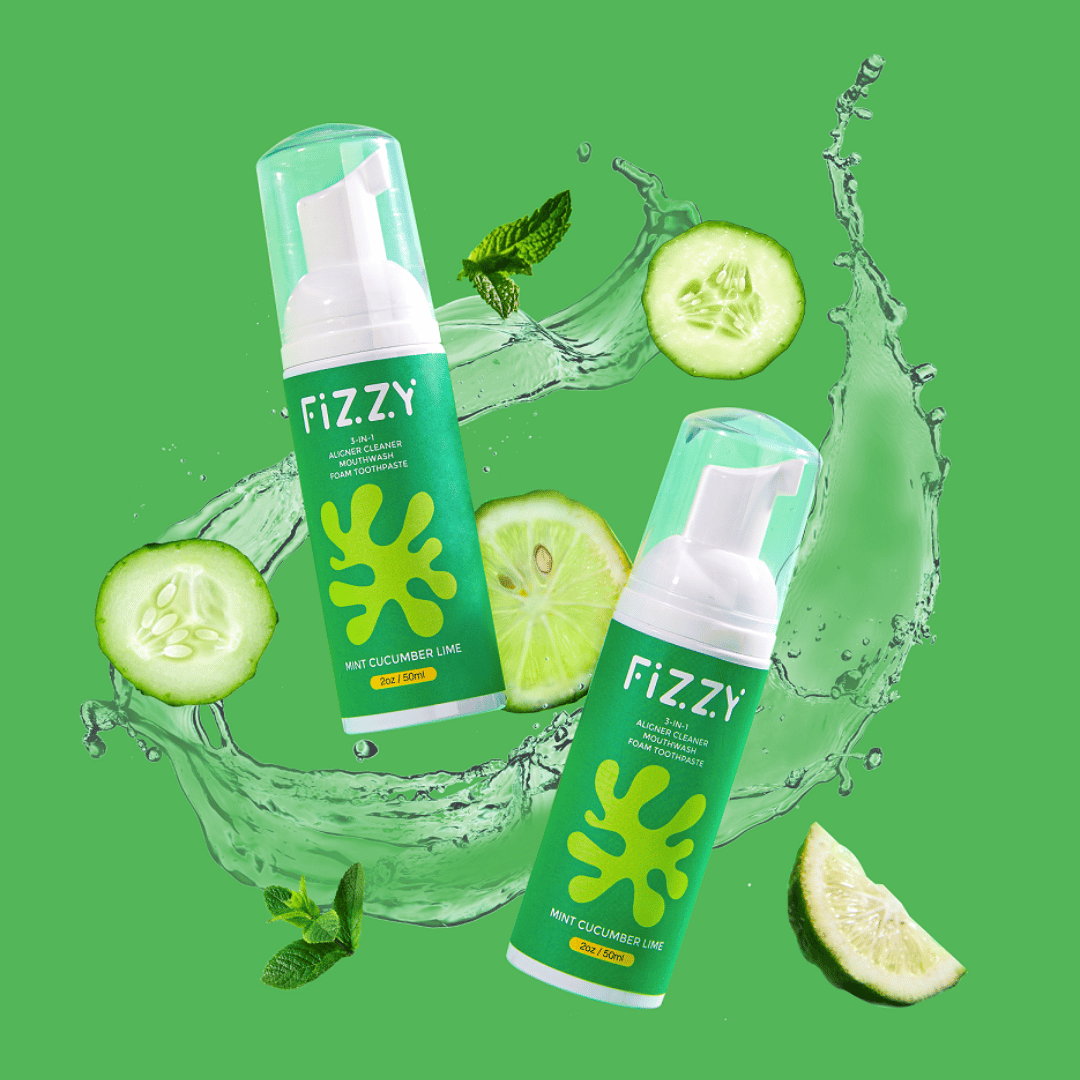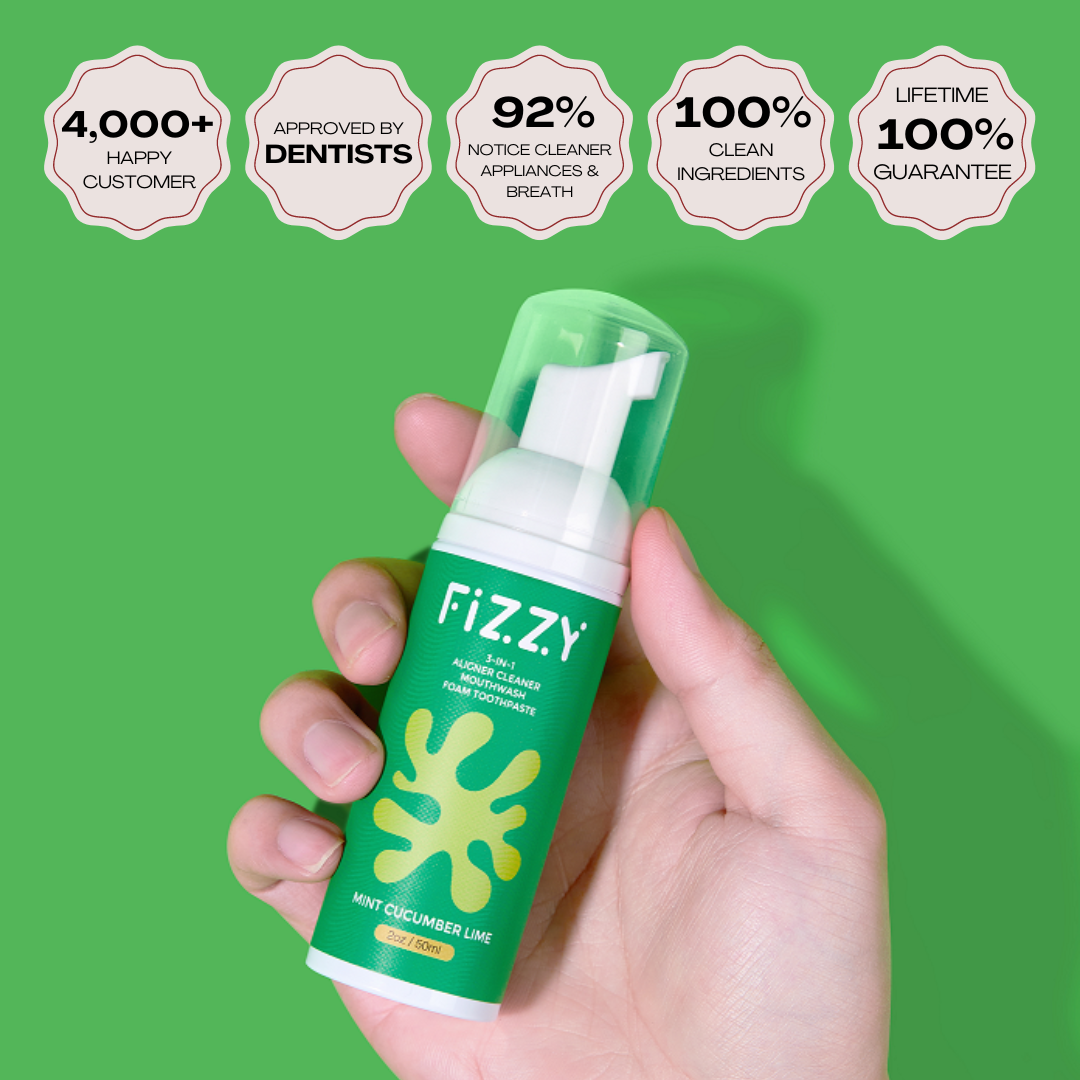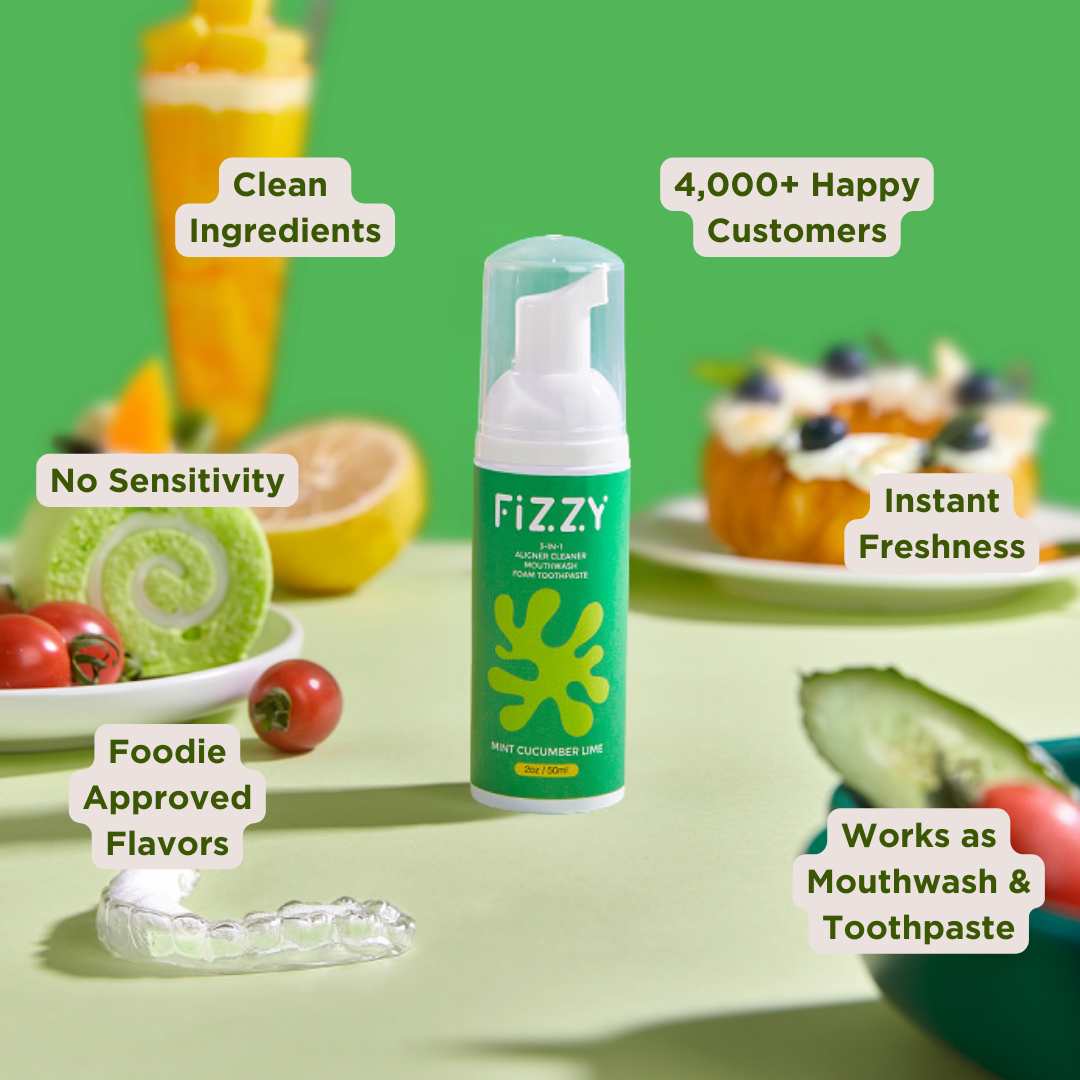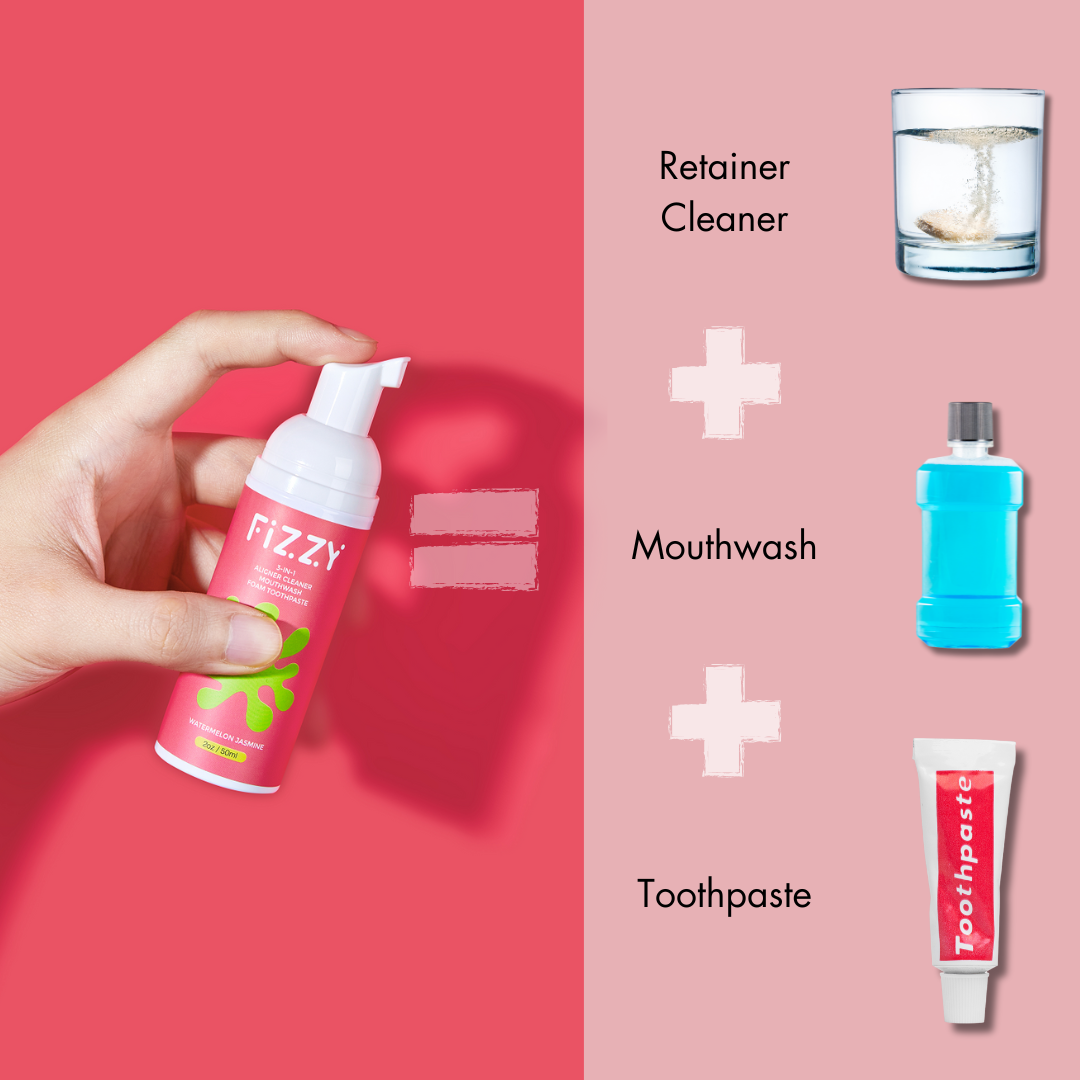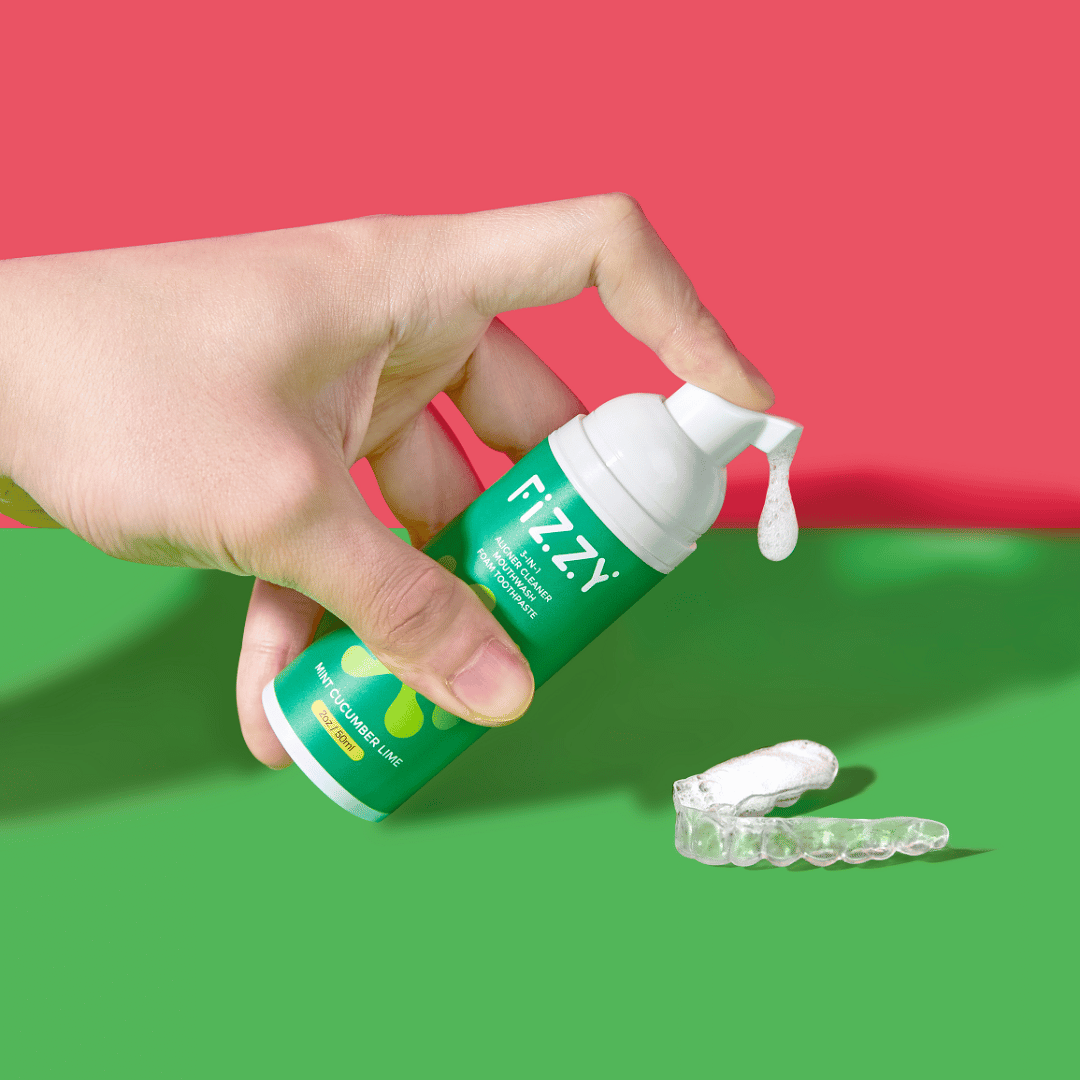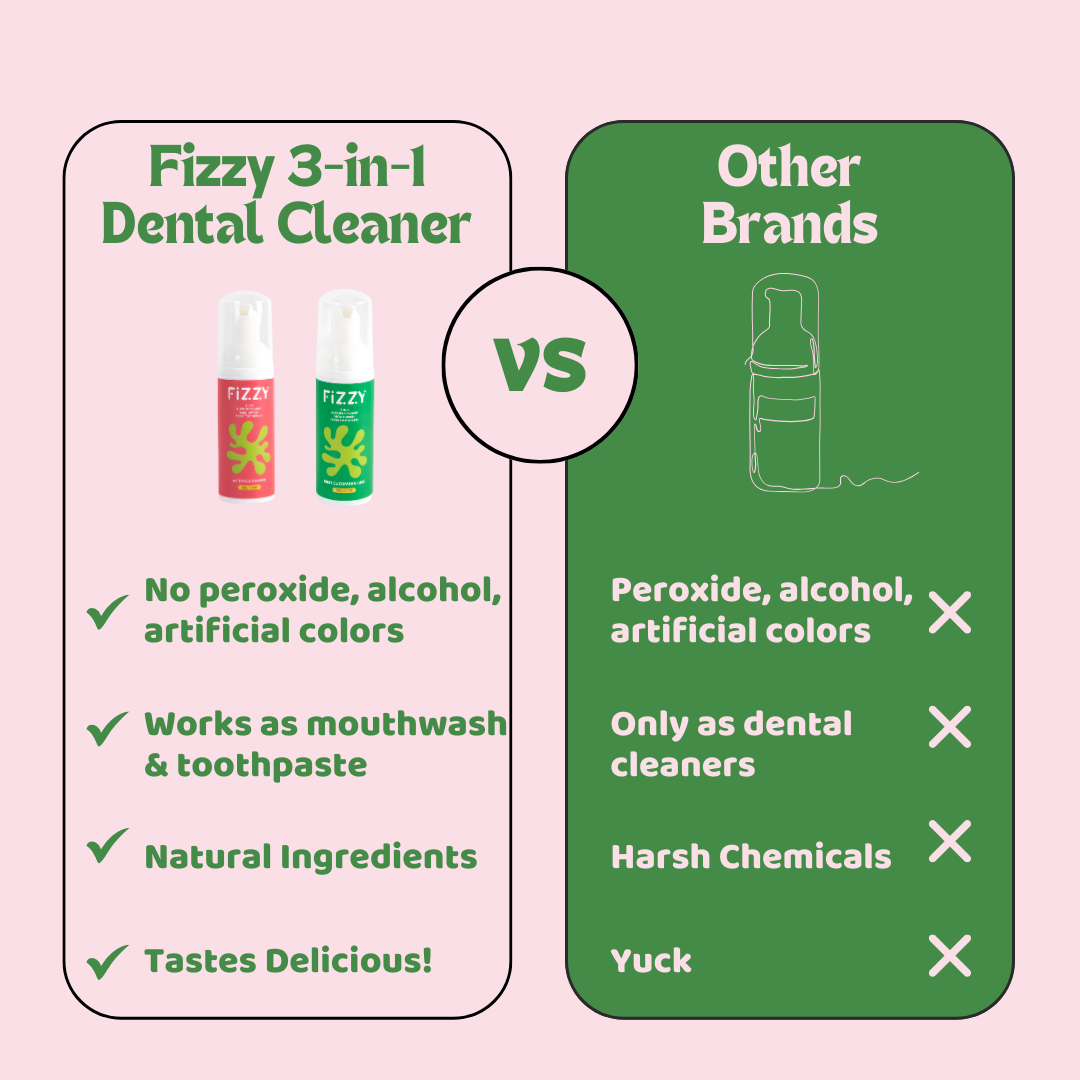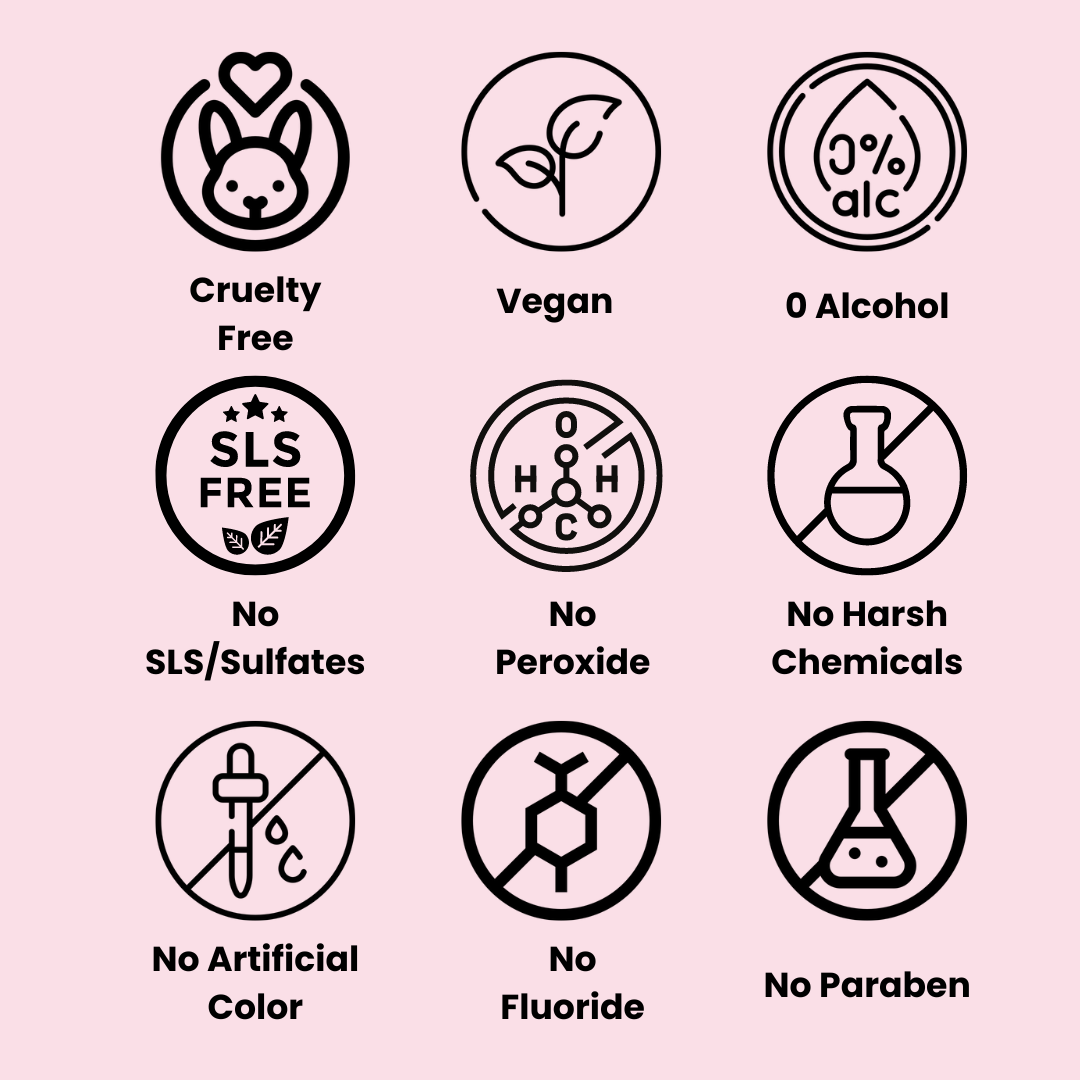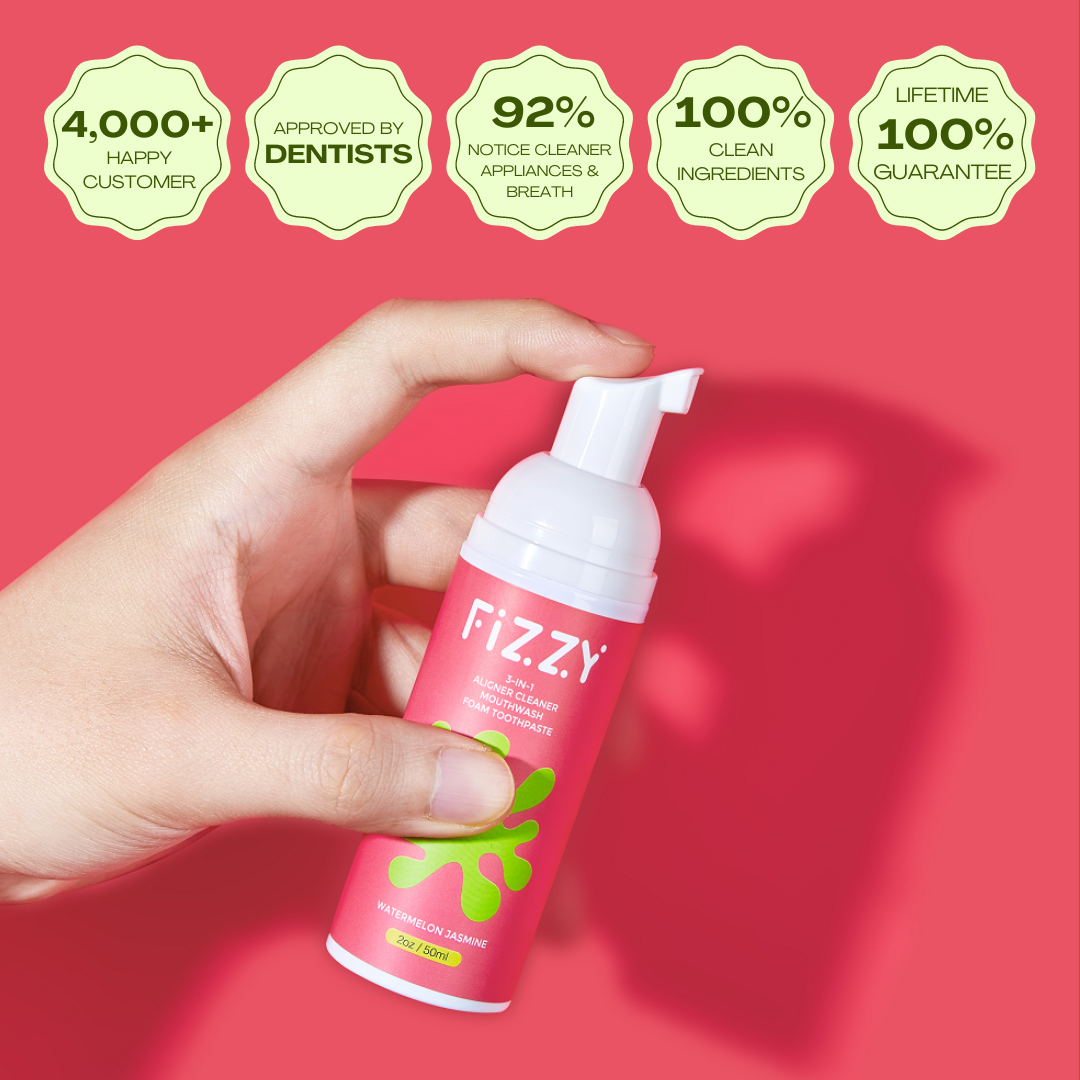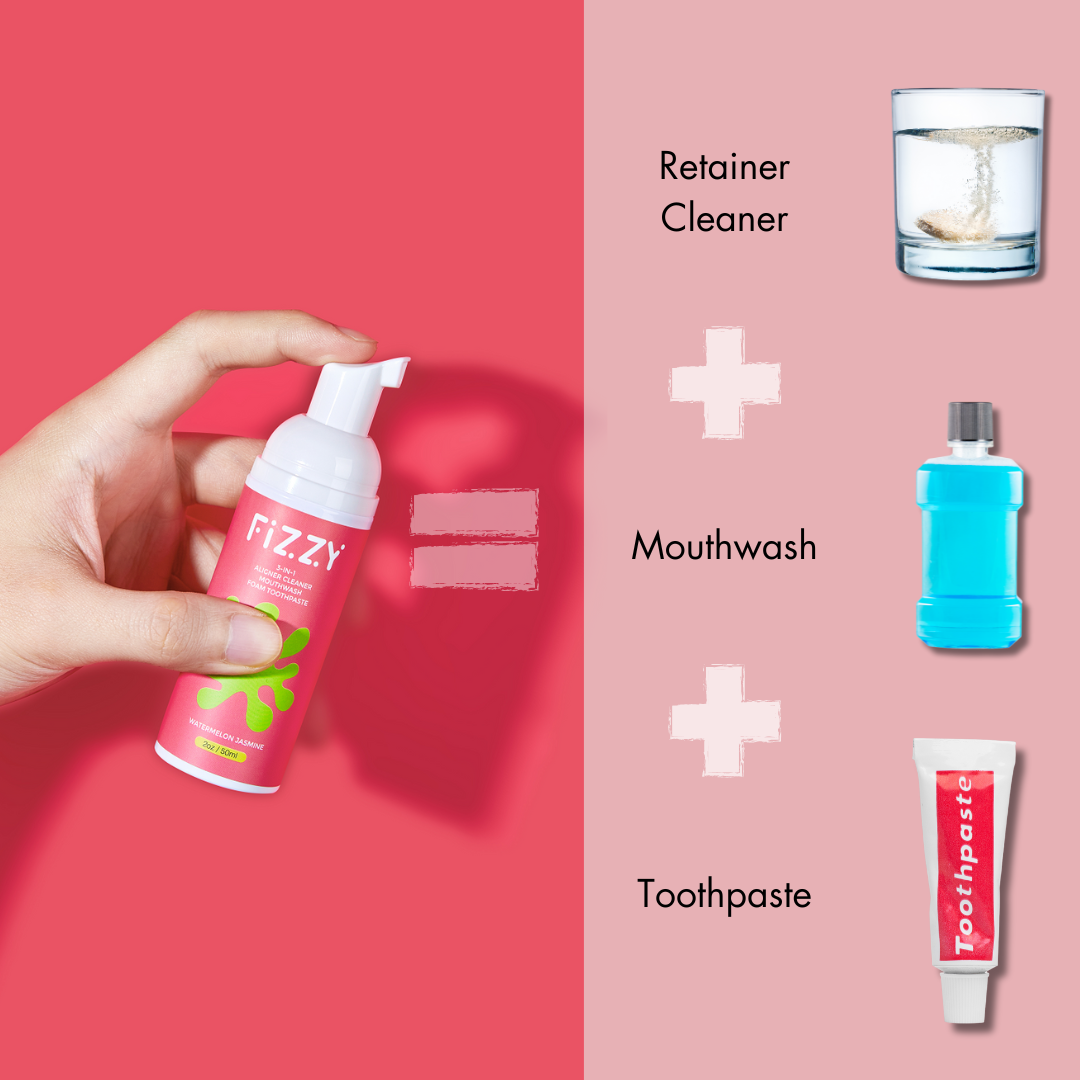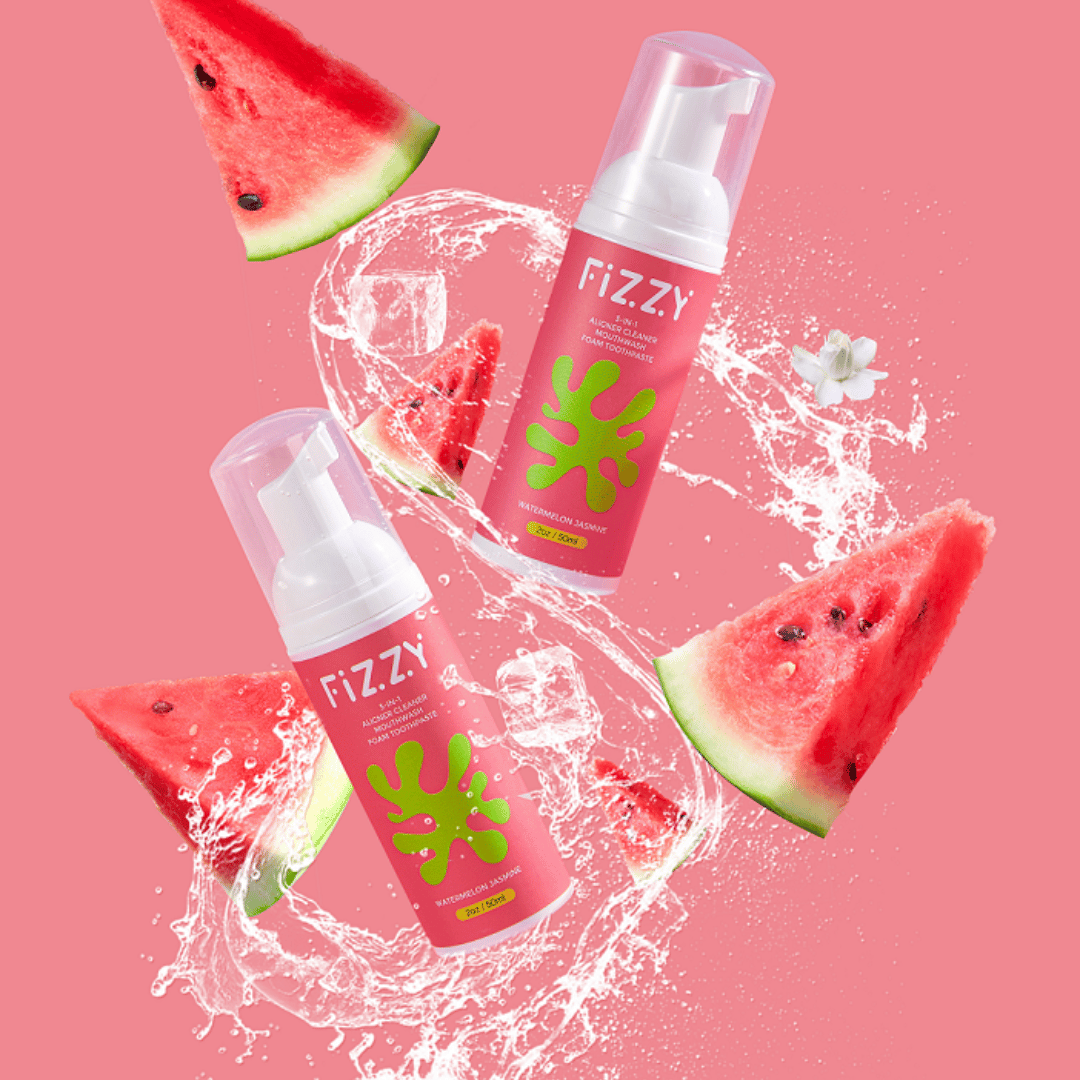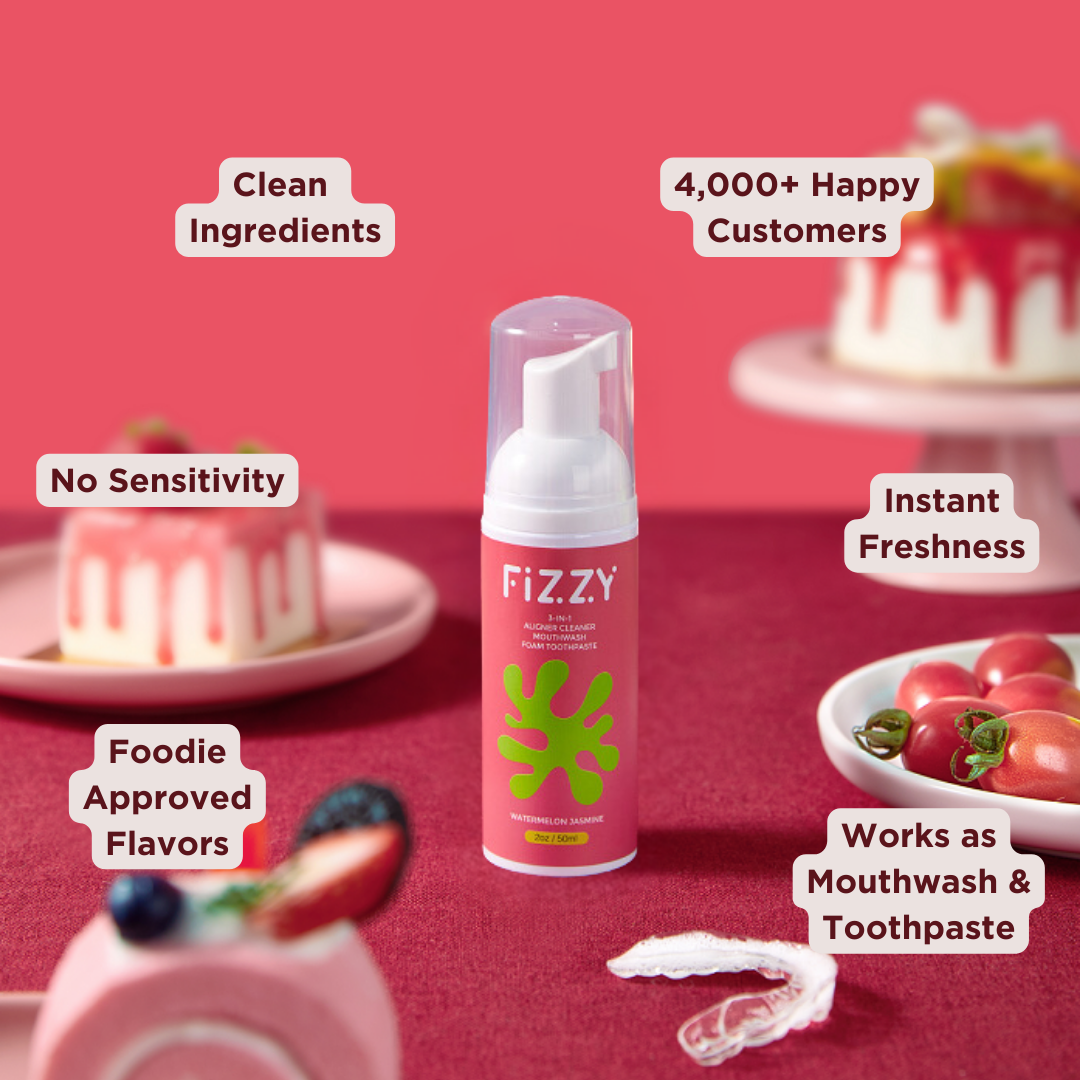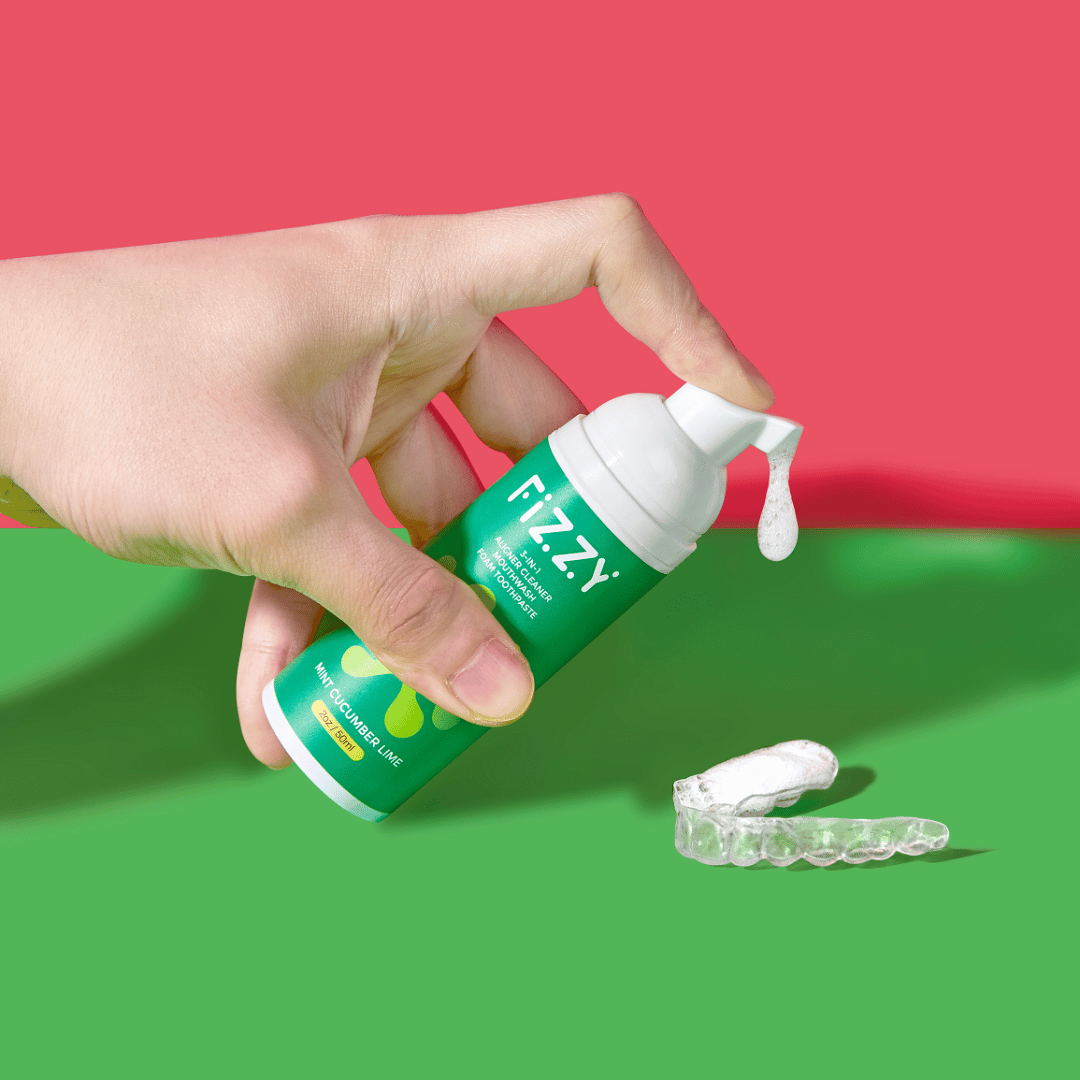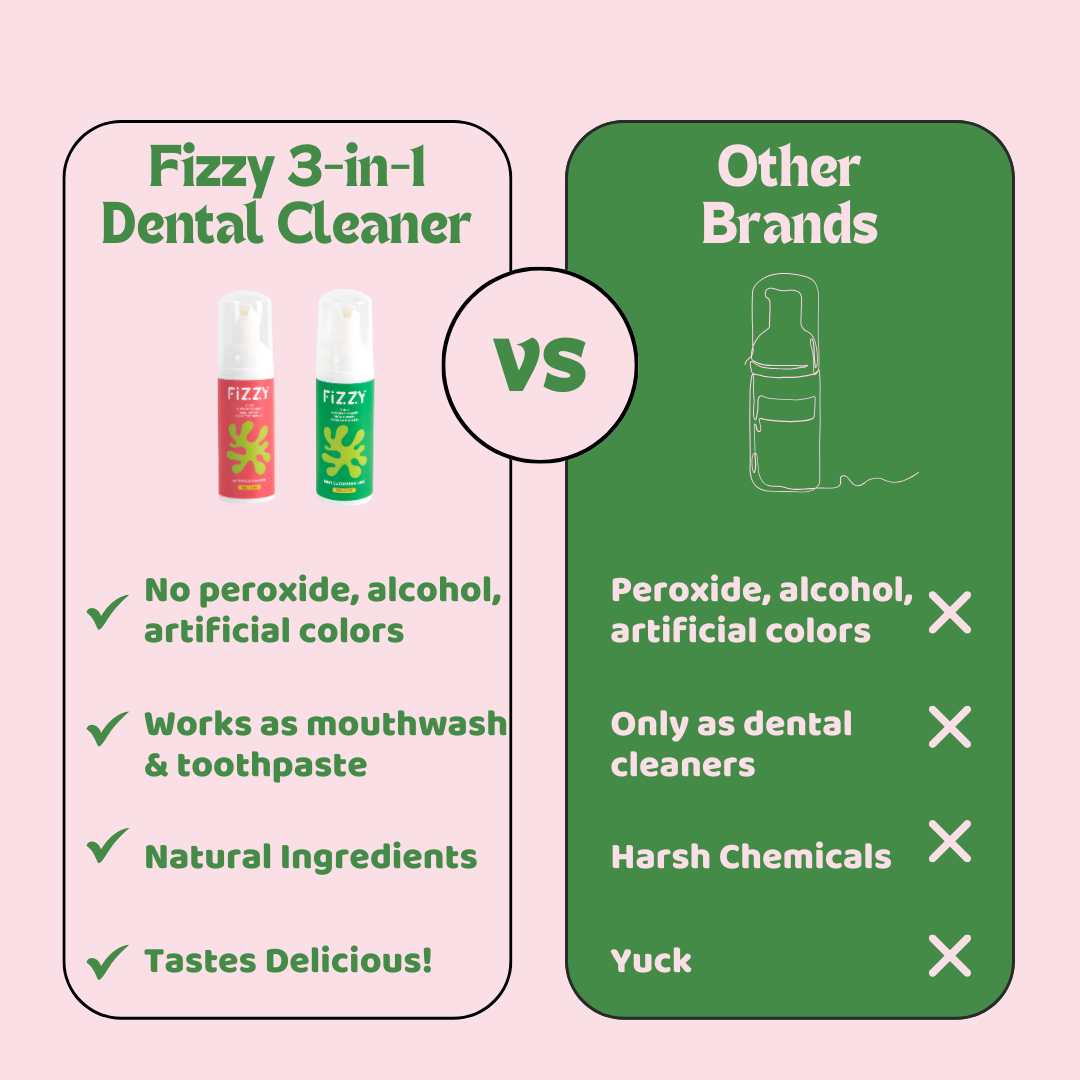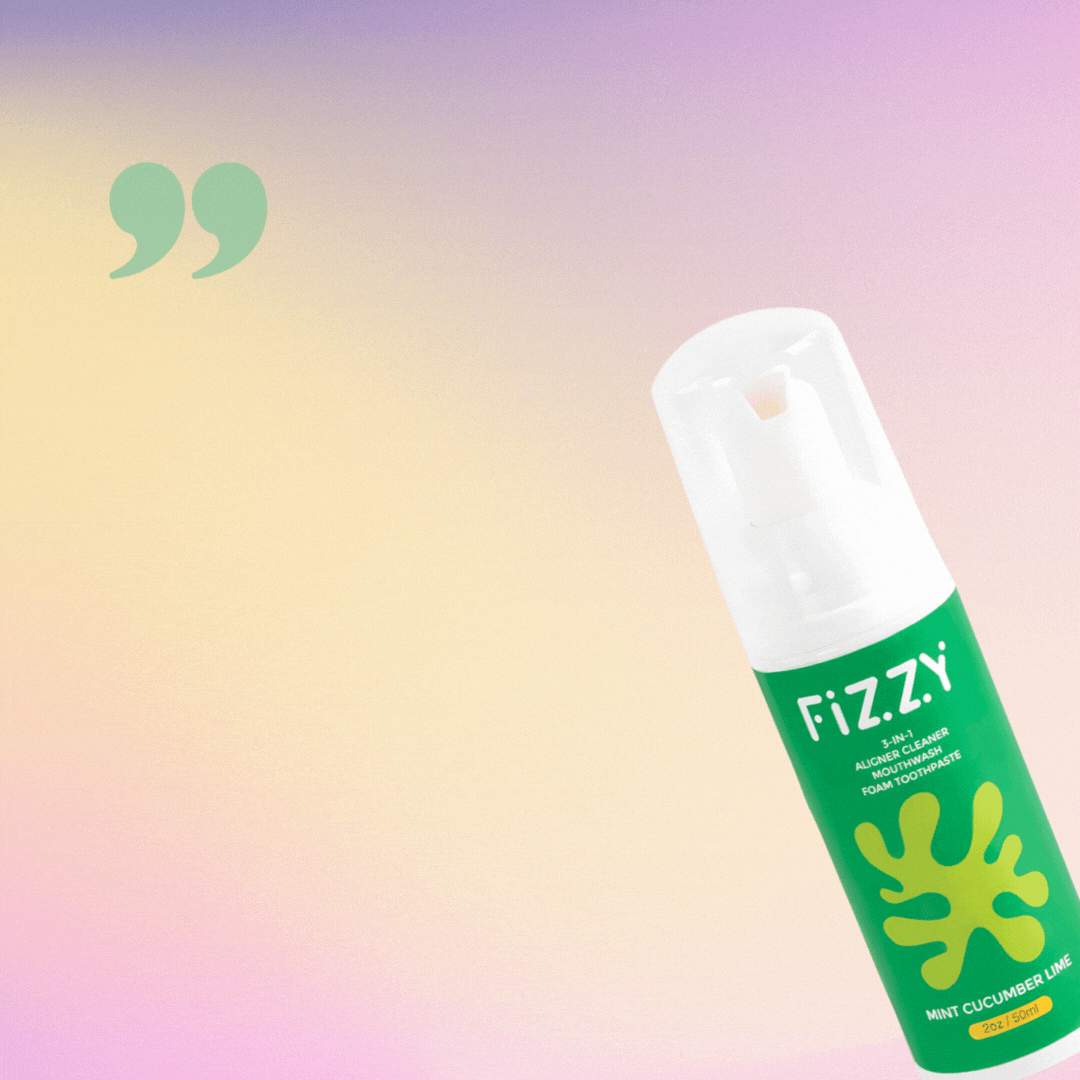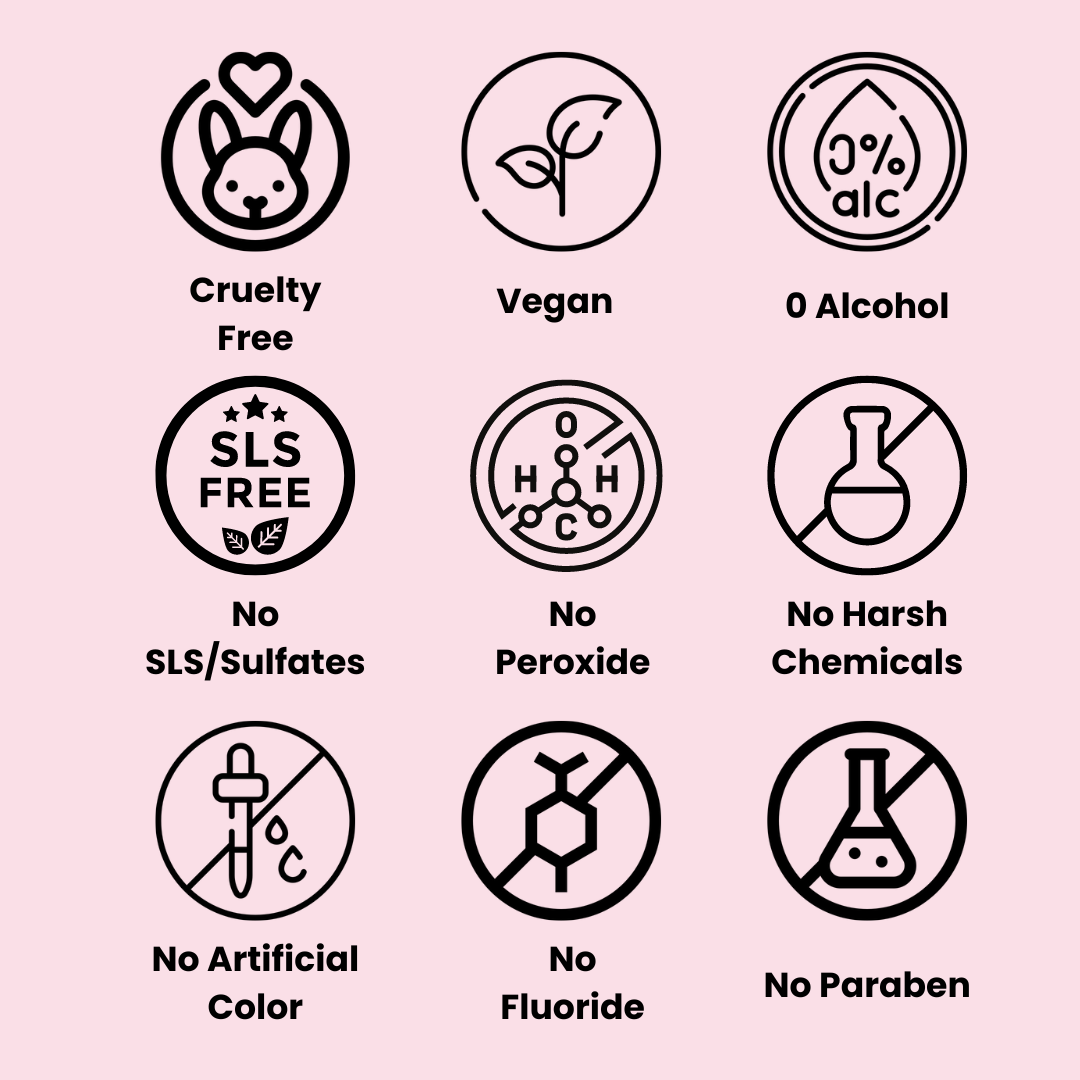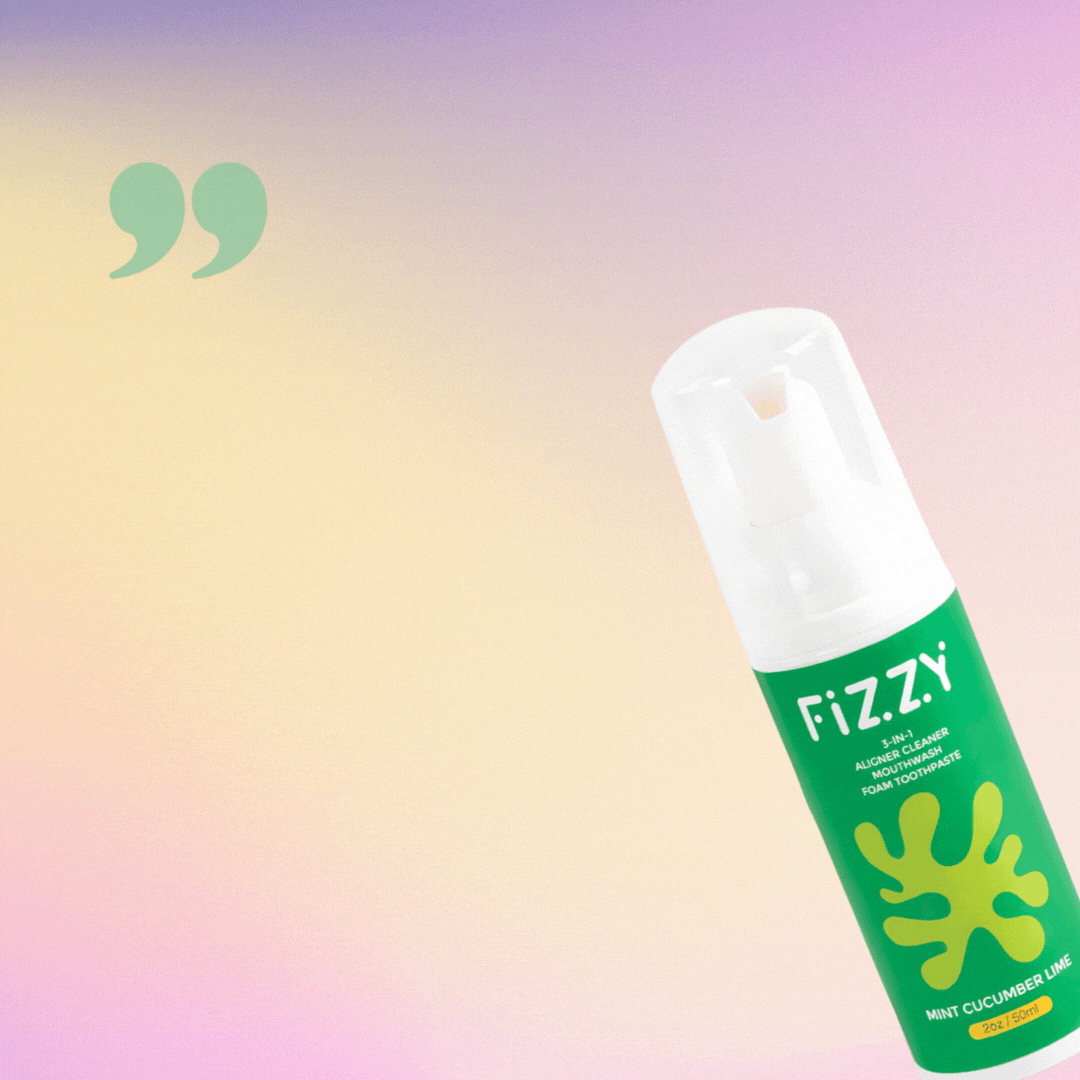
How to Clean Night Guard
Inside this Article:
Night guards or dental mouth guard are essential dental appliances designed to protect your teeth and jaws during sleep. They are commonly used to address conditions like bruxism, temporomandibular joint disorder (TMJ), tooth wear, and to prevent damage to dental restorations. Proper cleaning and maintenance of your night guard are crucial to ensure its effectiveness, longevity, and hygiene. In this article, we will explore how to clean a night guard, the different types available, the benefits they offer, and what to avoid when cleaning. By following these guidelines, you can keep your night guard in optimal condition and promote your oral health and well-being.
What Is a Night Guard?
Night guards are dental appliances that are designed to protect your teeth and jaws during sleep. They are commonly used to treat bruxism, which is the habit of clenching or grinding teeth during sleep. Night guards are also used for other dental conditions, such as temporomandibular joint disorder (TMJ), tooth wear, and to prevent damage to dental restorations.
Here are some key purposes and benefits of using night guards:
- Teeth Protection: Night guards act as a protective barrier between the upper and lower teeth, preventing them from grinding against each other. This helps to minimize the risk of tooth damage, such as chips, fractures, and wear.
- Jaw Joint Protection: Night guards can help alleviate symptoms associated with TMJ disorder. By providing a cushioning effect, they reduce the pressure and strain on the jaw joints, minimizing discomfort, jaw pain, and muscle tension.
- Muscle Relaxation: Dental night guards help relax the muscles involved in clenching and grinding, reducing muscle fatigue and soreness in the jaw, face, and neck.
- Prevention of Headaches: Bruxism is often associated with headaches, including tension headaches and migraines. Night guards can help alleviate these headaches by preventing the excessive forces and muscle tension associated with teeth grinding.
- Improved Sleep Quality: Teeth grinding and clenching can disrupt sleep patterns and cause disturbances for both the person grinding their teeth and their sleep partner. Night guards help create a more comfortable and relaxed environment for sleep.
- Protection of Dental Restorations: For individuals with dental restorations such as crowns, bridges, or veneers, night guards can provide an added layer of protection, preventing damage to these restorations caused by grinding forces.
Night guards are typically custom-made by a dentist or orthodontist based on impressions of your teeth. They are made from a durable and flexible material that is comfortable to wear during sleep. It is important to follow the instructions provided by your dental professional for proper use and care of the night guard.
Different Types of Night Guard
There are different types of night guards available, and the most suitable option for you depends on your specific needs and the recommendation of your dental professional. Here are the main types of night guards:
- Custom-Fitted Night Guards: These hard acrylic night guards are individually tailored to fit your teeth and jaw. They are typically made by taking impressions of your teeth and then fabricating the night guard in a dental laboratory. Custom-fitted dental night guards offer the best fit, comfort, and protection, as they are specifically designed for your mouth. They are usually made from hard acrylic materials and are considered the most effective type of night guard.
- Stock Night Guards: Stock night guards are pre-formed, softer and come in standard sizes and shapes. They are ready to use without any customization. Stock night soft guards are available in most drugstores and can be purchased without a prescription. However, since they are not customized, they may not fit properly and may be less comfortable compared to custom-fitted options. They provide a basic level of protection but are not as effective as custom-fitted night guards.
- Boil-and-Bite Night Guards: Boil-and-bite night guards are also available over the counter. They are made from a thermoplastic material that softens when heated. To customize them, you place the night mouth guard in hot water to soften it and then bite into it to create a mold of your teeth. While they offer a better fit compared to stock night guards, they still may not provi
How to Clean Night Guard
To clean your night guard, you can follow these steps:
- Rinse: After removing your night guard from your mouth, rinse it thoroughly with cool or lukewarm water to remove any loose debris or saliva.
- Brush: Use a soft-bristle toothbrush and non-abrasive toothpaste or mild soap to gently brush your night mouth guard. This will help remove any remaining residue or buildup. Make sure to brush all surfaces, including the inside and outside of the night guard.
- Rinse again: Once you've finished brushing, rinse the night guard thoroughly to remove any toothpaste or soap residue.
- Soak: Consider soaking your night guard in a denture cleaner or a specialized cleaning solution specifically designed for night guards. Follow the instructions provided with the cleaner for the recommended soaking time. This step can help remove stubborn stains, odors, and bacteria.
- Rinse once more: After soaking, rinse the night guard thoroughly with water to remove any residue from the cleaning solution.
- Dry: Dry your night guard completely before storing it. You can use a clean towel or allow it to air dry. Ensure it's completely dry to prevent the growth of bacteria or mold.
- Store properly: Store your night guard in a clean, dry container to protect it from dust, debris, and damage. Avoid storing it in direct sunlight or near heat sources.
What Can You Use to Clean Night Guard
There are several options you can use to clean your night guard:
- Denture cleaner: Denture cleaning tablets or solutions can be used to soak your night guard. Dissolve the denture cleaner in water according to the instructions on the packaging and let your night guard soak for the recommended time. This can help remove stains, odors, and bacteria. The main ingredient found in many denture cleaners is sodium hypochlorite, which is a type of bleach. Sodium hypochlorite helps to effectively clean and disinfect dentures by killing bacteria, fungi, and other microorganisms that can accumulate on them. Other ingredients commonly found in denture cleaners may include enzymes, surfactants, and mild abrasives, which help to remove stains and debris from the denture surface.
- Fizzy 3-in-1 night guard cleaner: Fizzy formulates the 3-in-1 night guard cleaner with clean and low-impact ingredients that gently removes bacteria, stains, plaque and debris from your night guard. It contains Xylitol, inhibiting the growth of bacteria and also can help alleviate the symptoms of dry mouth (xerostomia) by stimulating saliva production. It is also travel friendly and easy to use when you’re travelling, either for work or for fun. To clean your night guard, simply apply 1-2 pumps on each tray, let it sit for 5 minutes and rinse off the foam every evening before you put on your dental mouth guard and repeat the process the next morning after you wake up.

- Vinegar: Vinegar can be used as a natural cleaning agent for some types of night guards for those who are wondering how to clean night guard naturally. Vinegar is mildly acidic, and while it can help remove stains and odors, it may not be as effective at killing bacteria compared to other cleaning agents. Mix equal parts of white vinegar and water to create a cleaning solution. Avoid using undiluted vinegar, as the acidity may be too strong and potentially damage the night guard. Soak your night guard in this solution for about 15-30 minutes, then rinse it thoroughly.
- Baking soda: Make a paste by mixing baking soda with water. Gently scrub your night mouth guard with the paste using a soft toothbrush, then rinse it thoroughly. Baking soda can help remove stains and eliminate odors.
- Hydrogen peroxide can be used to clean a night guard, but it's important to use it properly and with caution. Here's how you can use hydrogen peroxide to clean your night guard:
- Dilute the hydrogen peroxide: Mix equal parts of hydrogen peroxide and water. This helps prevent any potential damage to your night guard and reduces the risk of irritation to your mouth.
- Soak the night guard: Place your dental night guard in the diluted hydrogen peroxide solution and let it soak for about 15-30 minutes. This allows the hydrogen peroxide to help remove stains and kill bacteria.
- Rinse thoroughly: After the soaking period, remove the night guard from the solution and rinse it thoroughly with water. Make sure to remove any traces of hydrogen peroxide.
What Should You Avoid to Clean Night Guard?
When cleaning your night guard, there are a few things you should avoid to prevent damage to the guard and maintain its effectiveness:
- Hot water: Avoid using hot water to clean your night guard, as it can deform or warp the material. Stick to using lukewarm or cool water instead.
- Harsh chemicals: Avoid using harsh chemicals such as bleach, alcohol, or abrasive cleaners on your night guard. These substances can damage the material or cause discoloration.
- Toothpaste: While toothpaste is commonly used for cleaning teeth, it is not recommended for cleaning night guards. Toothpaste can be abrasive and may scratch the surface of the guard, making it more prone to bacterial growth.
- Mouthwash: Mouthwash may contain alcohol or other harsh ingredients that can damage the material of your dental night guard. It's best to avoid using mouthwash as a cleaner.
How Often to Clean Night Guard
It's important to clean your night guard regularly to maintain its hygiene and prolong its lifespan. Ideally, you should clean your night guard every time you remove it from your mouth in the morning. This will help remove saliva, bacteria, and any debris that may have accumulated overnight.
In addition to daily cleaning, it's a good practice to perform a deeper cleaning at least once a week. This can involve soaking your night guard in a denture cleaner or a specialized cleaning solution specifically designed for night guards. Follow the instructions provided with the cleaner for the recommended soaking time.
Summary
Night guards are dental appliances used to protect the teeth and jaws during sleep, primarily for conditions like bruxism and TMJ disorder. They offer various benefits, including teeth and jaw protection, muscle relaxation, headache prevention, improved sleep quality, and protection of dental restorations. To clean a night guard, rinse it with water, brush it using a soft-bristle toothbrush and non-abrasive toothpaste or mild soap, rinse again, soak it in a denture cleaner or specialized cleaning solution, rinse once more, dry it thoroughly, and store it properly. Options for cleaning solutions include denture cleaner, Fizzy 3-in-1 night guard cleaner, vinegar, baking soda, and hydrogen peroxide. It's important to avoid using hot water, harsh chemicals, toothpaste, and mouthwash when cleaning the night guard. Regular cleaning is recommended, with daily cleaning and a deeper cleaning at least once a week using a cleaning solution. By following these cleaning practices, you can maintain the hygiene and longevity of your night guard.
Sources:
https://www.bruxnightguard.com/pages/mouth-guard-cleaning-care


